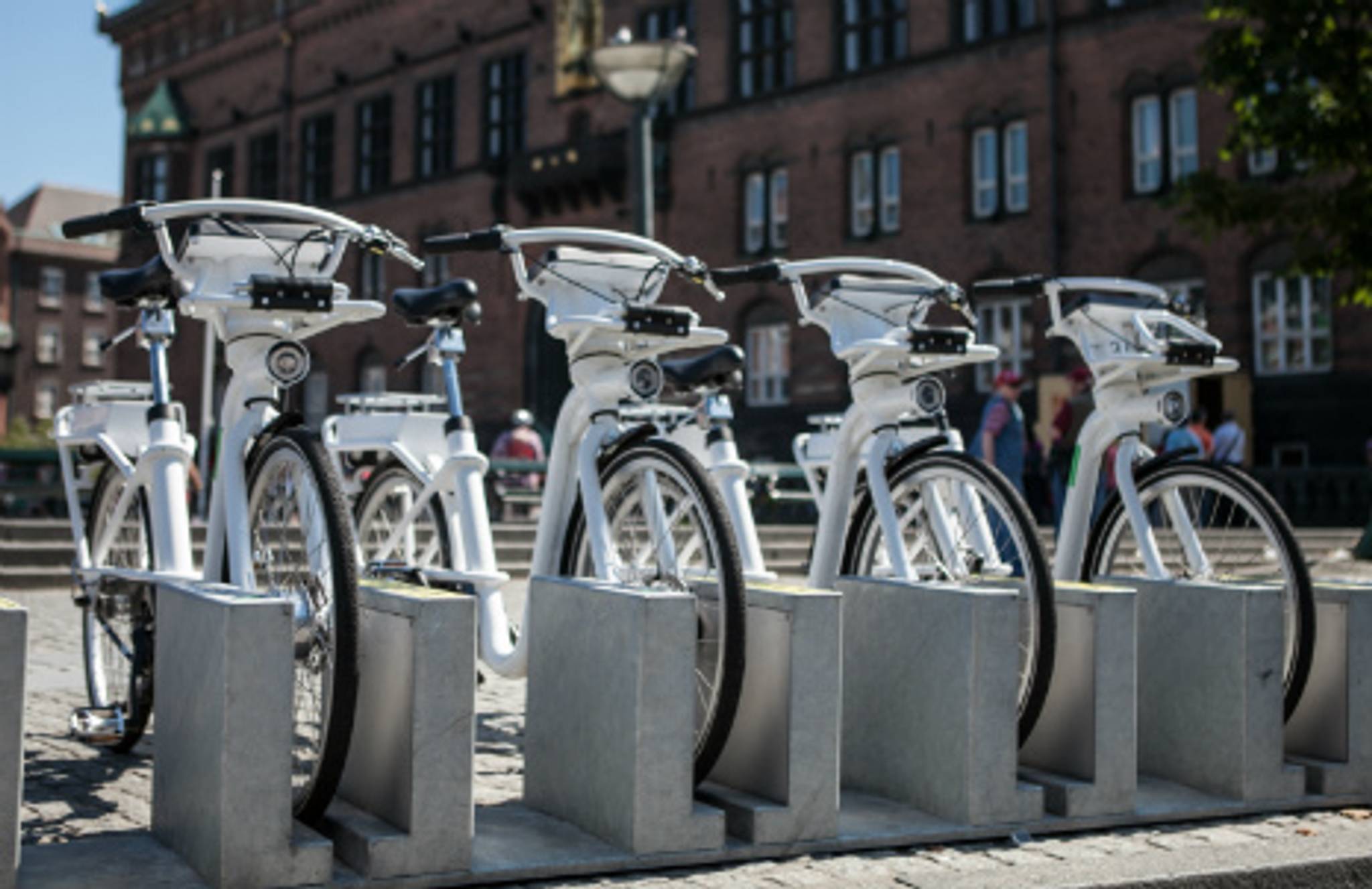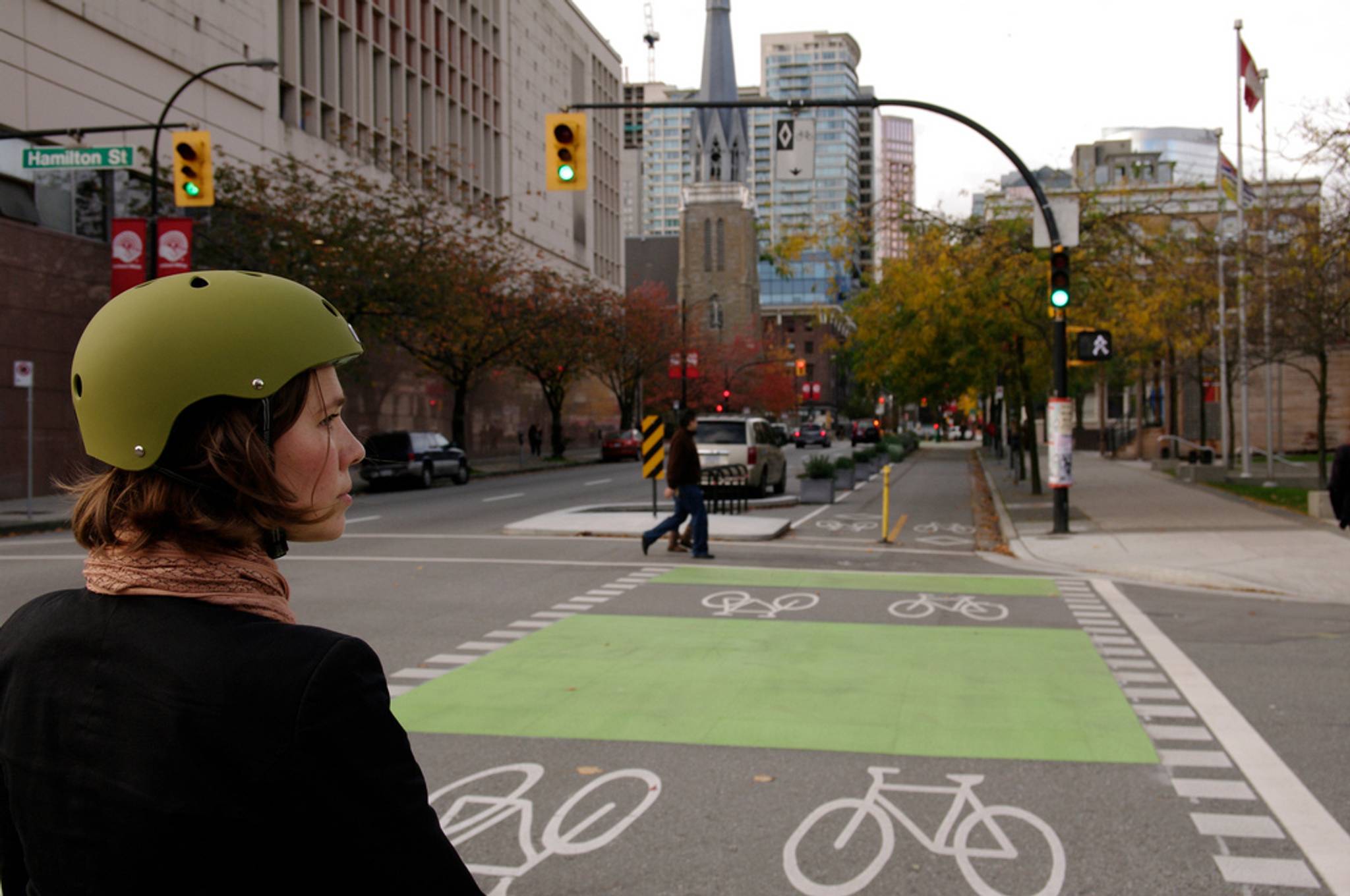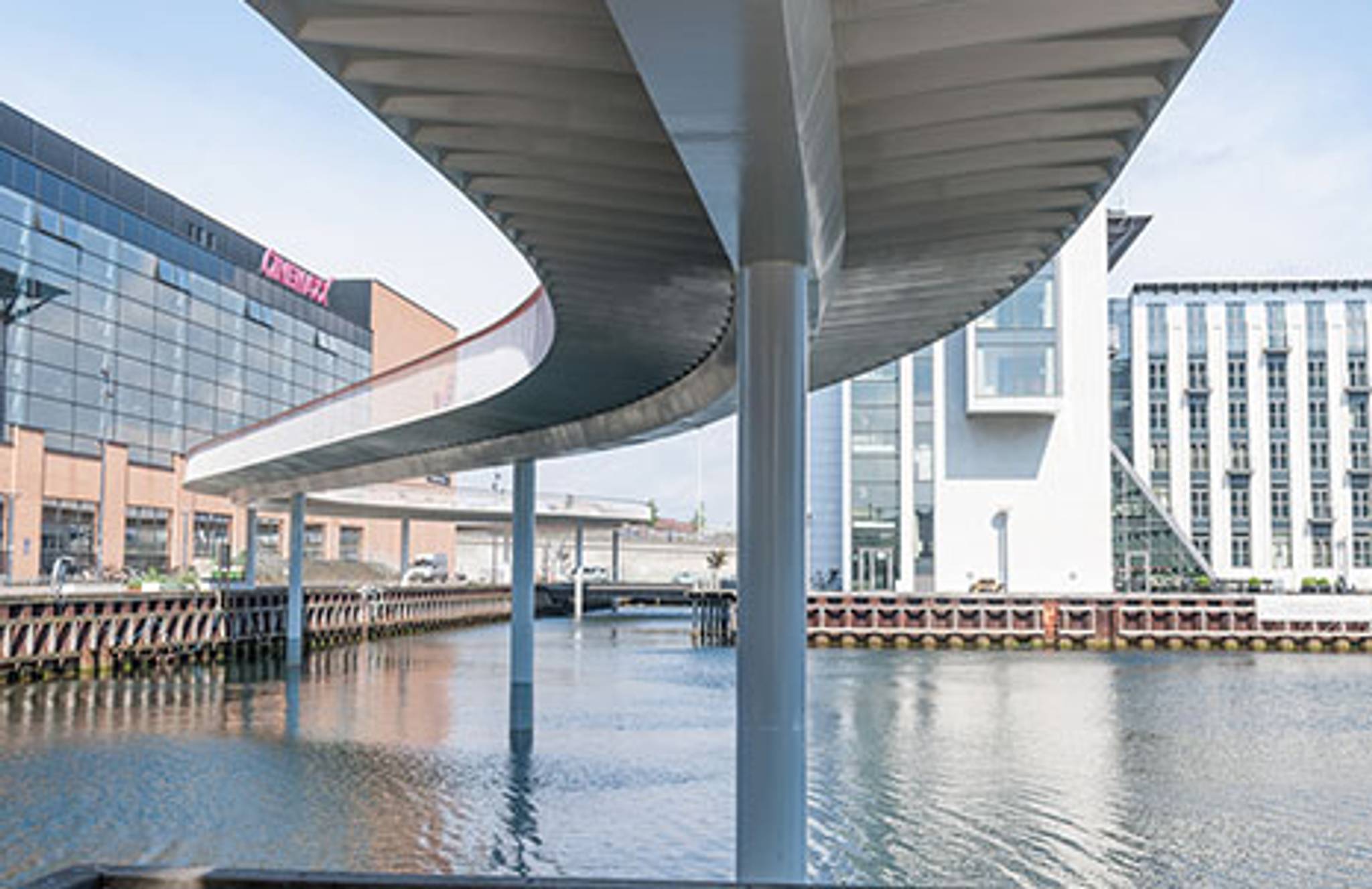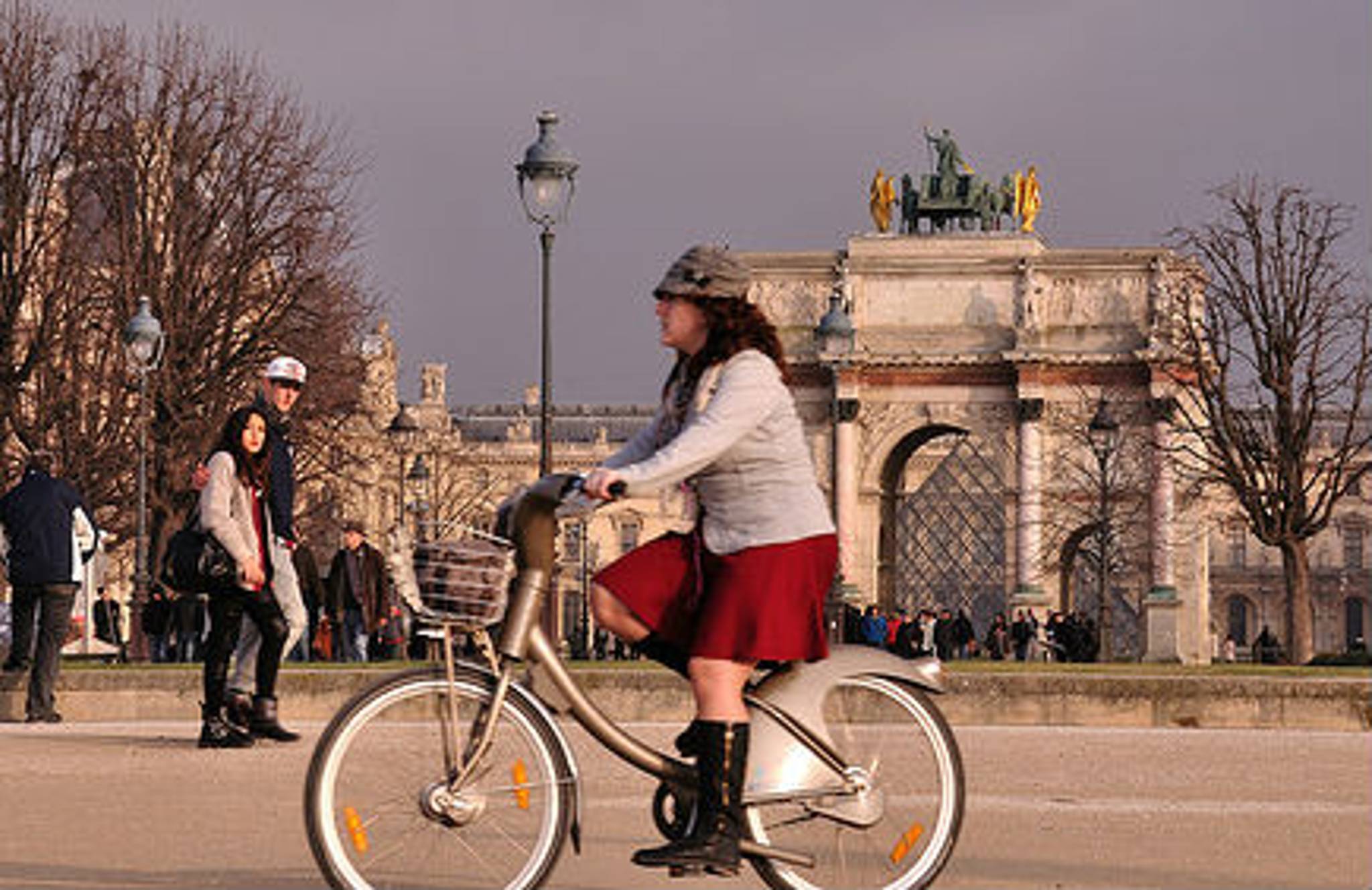Signal10 Dec 2014
Copenhagen’s cyclists ‘surf the green wave’Copenhagen’s goal to be carbon-neutral by 2025 has seen various infrastructural changes in the city. The latest initiative is smart LED lights being tested to reduce the city’s carbon emission as well as help drivers and cyclists see their way.

©Nuuttipukki



